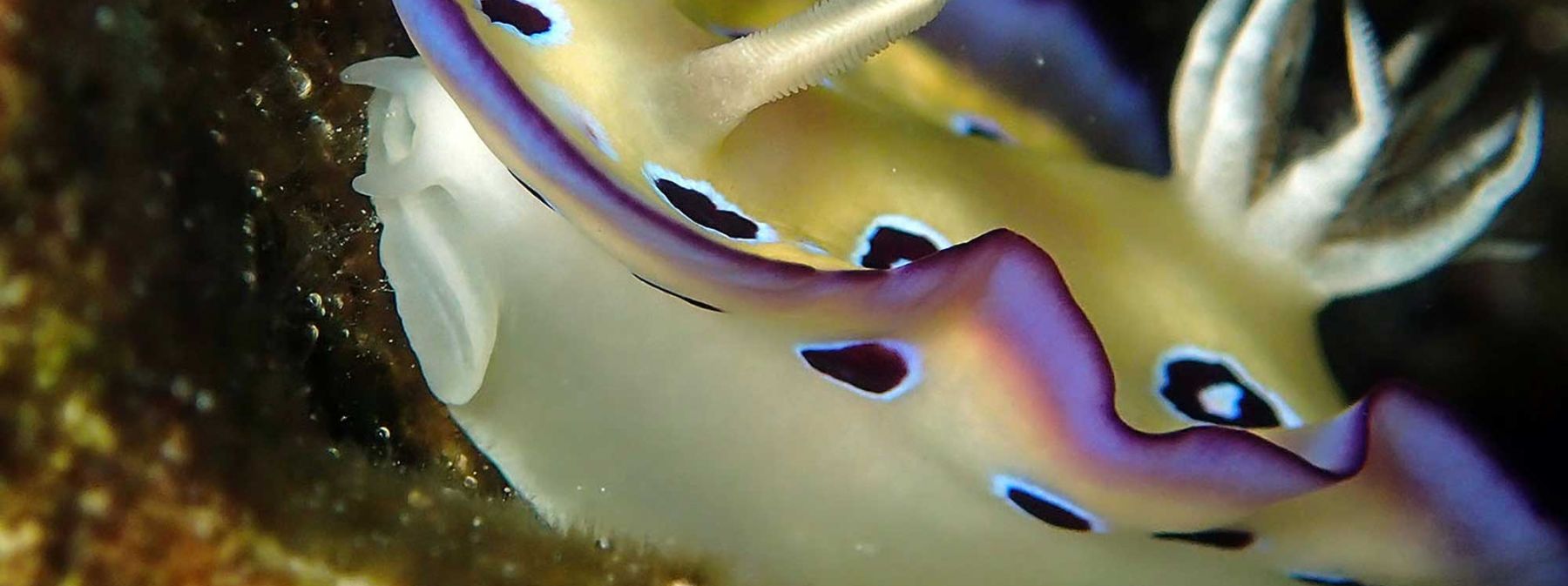Ecology and evolutionary biology are highly integrative disciplines that draw together essentially all of the topics in modern biology under a single framework of principles and theory. Ecologists and evolutionary biologists explain past and present patterns of abundance, distribution, and diversity of organisms. In order to do so, ecologists and evolutionary biologists must be familiar with current knowledge across a broad range of specialized fields, from molecular and population genetics to the mechanisms and history of plate tectonics.
The Ecology and Evolution major introduces students to the processes that result in the diversity and dynamics of ecological communities, and the evolutionary principles that unify the biological sciences. The major emphasizes opportunities for independent studies with professors and their graduate students in both laboratory and field research. Many students who choose to major in Ecology and Evolution are keenly interested in some field of natural history, and plan to continue their studies in graduate school.
UCSB is ideally located for field studies in ecology and evolutionary biology. The campus is on the coast within easy reach of marsh, shoreline, deep-water and island habitats. It is bordered inland by the two million acre Los Padres National Forest, which offers an extensive array of protected terrestrial environments. The department has extensive sea-water laboratory facilities and greenhouses, active vertebrate museum and herbarium programs, and outdoor laboratories that include facilities in the Sierra Nevada and on Santa Cruz island. The department's 26-member faculty offers over 50 upper-division (junior and senior level) courses. These include laboratory and field studies, lectures and seminars, and independent studies and group projects. These faculty members conduct extensive research projects in which undergraduate participation is welcomed and encouraged.
The Major
UCSB's Ecology and Evolution major is one of the strongest and most diverse programs in the country. All students interested in any area of the biological sciences, including Ecology and Evolution, enter UCSB as a pre-biological sciences major. Pre-biology majors share a common core curriculum, typically completed during the freshman and sophomore years, consisting of introductory biology with laboratory, general chemistry with laboratory, mathematics (calculus and statistics), physics with laboratory, and for many of the majors, an additional 2-3 terms of organic chemistry with laboratory. The Ecology and Evolution major does not require organic chemistry.
After completion of key preparatory coursework, students may petition to declare the full major. The Ecology and Evolution major requires completion of 48 upper-division quarter units in biological sciences. These include courses in molecular genetics, general or population genetics, plant and animal ecology, and evolution. The remaining units must include courses in plant or animal physiology, diversity and systematics of plants and animals, and the physical environment.
Careers in Ecology and Evolution
The Ecology and Evolution major prepares students for graduate study at any major university. The program's quality ensures that a large proportion of students are admitted to the graduate program of their choice. Students desiring immediate career entry find opportunities with local, state, and federal agencies, environmental assessment firms, and privately-funded environmental and conservation organizations.
Students interested in teaching and conducting research at the university should plan to complete the PhD degree. Students interested in teaching at the community college should pursue graduate work at least through the master's degree. Teaching at the junior or senior high school level requires the California single subject teaching credential. Students considering this last option should discuss their plans with the credential advisor in UCSB's Graduate School of Education early in their academic careers.
High School Preparation
Recommended as part of or in addition to the UC admission requirements:
- One year of biology
- One year of chemistry
- Mathematics through trigonometry
- One year sequence of organic chemistry with laboratory
- One year of physics
Transfer Preparation
To make normal progress in the major, complete the following courses prior to transferring to UCSB:
- One year sequence of general chemistry with laboratory
- One year sequence of general biology with laboratory
- Two terms of calculus and either a third term of calculus or one term of statistics
- One year sequence of organic chemistry with laboratory
- One year sequence of physics with laboratory
Please see the UCSB General Catalog or your high school or community college counselor for more information on course preparation.
Additional Information
For further information please consult one of the biology undergraduate academic advisors.
FAQs
- How many upper division biology courses should I take per quarter?
-
We recommend taking two upper division biology courses per quarter (assuming 8.0 units per quarter) and, if possible, fulfilling area specific requirements first starting one's Junior/3rd year. This will give you the required 48.0 units required for most of our majors. For more detailed recommendations for the MCDB majors please go to: Resource Documents: Recommended Schedule - MCDB majors.
